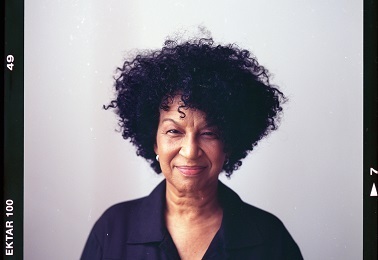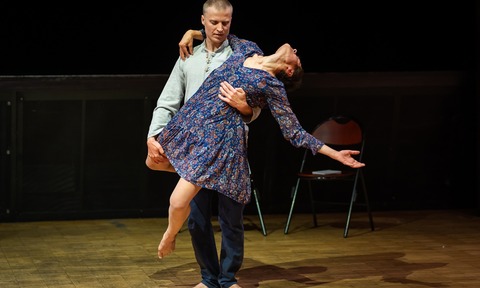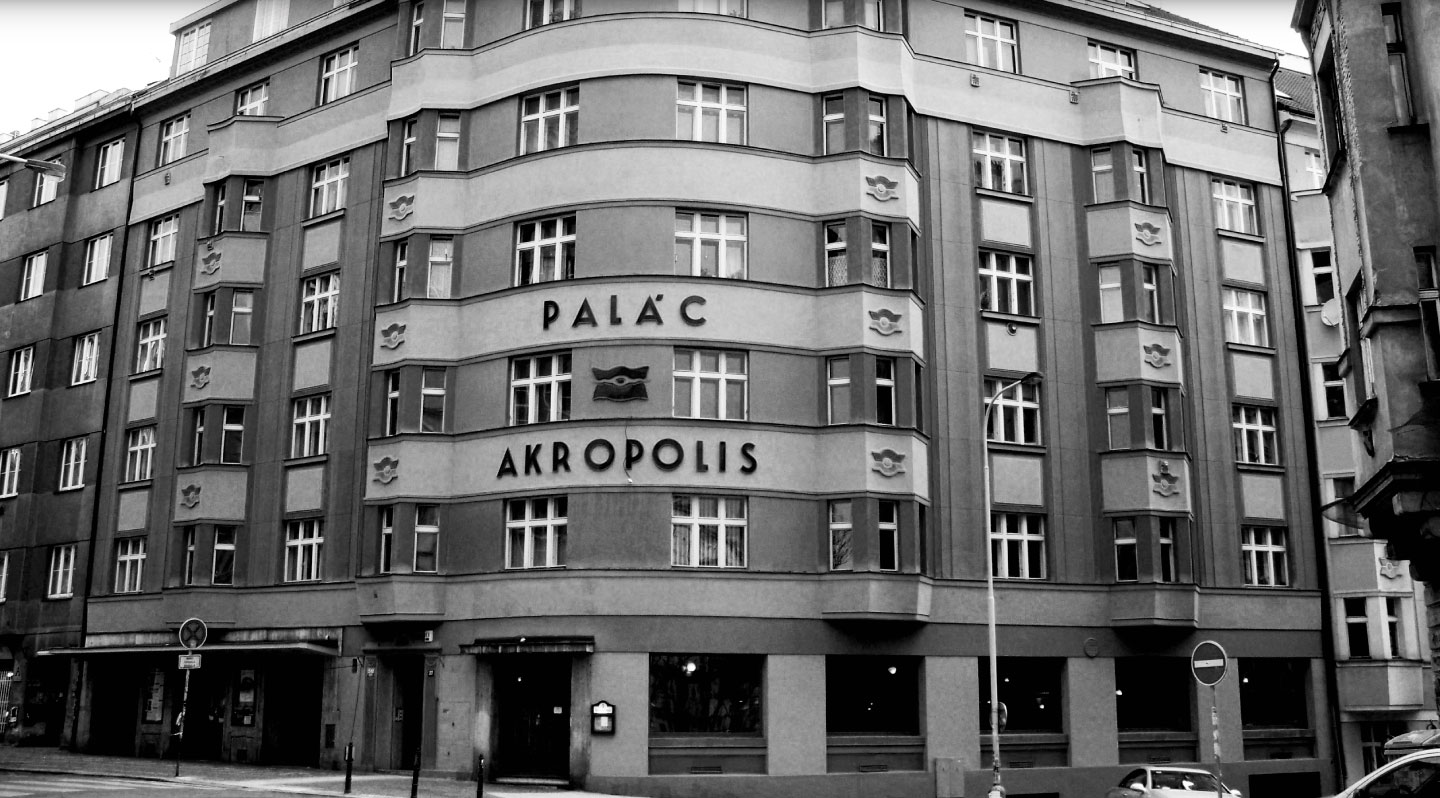|
Thursday 1. 12.
info Juçara Marçal’s Delta Estácio Blues captures the anger felt by many in Brazil at the current government’s repressive regime, and imagines a new history of Afro-American music in which blues, samba, rap and Afro-Brazilian religion are but interchangeable tributaries on a river that never ceases flowing. Four years in the making, Juçara’s second solo album sees the Brazilian singer turn her usual way of working on its head. Recorded with an extended family of collaborators and produced with fellow Metá-Metá founder Kiko Dinucci, the album finds Marçal using hip-hop’s method of initially creating a beat for each song as a way of rewiring her own music, resulting in some of the most uncompromising and often aggressive songs that she has ever put to tape. Production for the album began in August 2017, inspired by Atrocity Exhibition, an album by left-field rapper Danny Brown. “Me and Kiko we were really passionate about this album”, says Juçara, and they used it as a jumping off point to try something different. “We had the idea of exploring [Danny Brown’s] path of building beats, but not so that a rap could be sung on top. We had the idea of moving on to other instruments. We’d take a guitar, a bass drum, percussion, then we’d put together several pieces that formed a beat. It made us think about the song, the melody in a different way, because it was following a different path of composition.” In total they created over 30 different beats in this manner, which they sent to some of their favourite songwriters, starting a to-and-fro in which lyrics or concepts would be returned, and melodies reshaped until Marçal was happy with the final result, ready to add her vocals. In some cases, as with the tracks “Baleia” and “Lembranças Que Guardei” this meant completely exploding the original beat to create something fresh. “We had no clear idea of what we were going to make, but we were clear about the process”, she says. “It was a very dynamic process, with many different results, unusual responses, we’d be like ‘wow, we hadn't thought about that, that’s really interesting’”. Lyricists and composers like Tulipa, Maria Beraldo, Siba, Negro Leo, Rodrigo Ogi and Rodrigo Campos, leading lights in Brazil’s contemporary music scenes, were some of those to assist in this process. This unique way of working, while still incorporating elements of samba, maracatu, even bossa nova, has resulted in the densest and most adventurous album of Marçal’s career, lead single “Crash” with its hyper-violent imagery, breathless rap delivery and claustrophobic production being a perfect example. “What gives unity to the record is this proposal from the beats. This sound, even when built in varied ways, permeates the entire record, this programming thing, this vinyl sound thing, which was where we took many of the elements that constituted the beats, and this thing of it pulsating, the album really pulses, it’s very poly-rhythmic. The electronic drums bring a weight like that and the bass is a very strong presence on the record. There's something aggressive there”, says Juçara about where this process took the music. With this sonic template the album can’t help but reference the current oppressive political climate in Brazil, something that Marçal acknowledges was an insidious influence: “I see that there are many artists who have this ability to produce something sweet in an environment of chaos, which maybe intends to sublimate. I usually go the other way, if there is pain, let's reveal that pain. In that sense this album brings this agony that we are experiencing, this lack of air”. Birthed through a pandemic, with a claustrophobic government in charge, and catalysed by contemporary hip-hop, but Delta Estácio Blues does not only see itself in the present day. It’s inspirations and source materials reach back through a cultural history defined by the African diaspora. On opening track “Vi De Relance A Coroa” we can hear a maracatu rhyhm snake its way through the beat; axé [a style of Afro-Brazilian music, as well as a Yorubá term for good will] is asked for during the chaotic unravelling of “Crash”; while on the final track “Iyalode Mbé Mbé”, the Afro-Brazilian deity Oxum is summoned to bring plenty. Nowhere is this exchange with the past more present than on the title track, a song that reimagines the history of the blues: “We made this in partnership with Rodrigo Campos, “says Juçara. “He imagined that Roberto Johnson, at that moment when he would have made a pact with the devil, he disappeared and ended up at Estácio. In collusion with the malandros [rogues] there, he came back playing that guitar of his because of his meeting with the people of Estácio”. The use of Estácio de Sá is significant, as it was here in the 20s and 30s that musicians like Bide, Baiaco and Ismael Silva, all mentioned in the song itself, created a template for samba that lasts to this day. “Estácio is linked to a moment of great creativity in relation to samba,” she adds. “Samba came about because of the inventiveness of these creators. They were guys who wanted to invent a way to do things, to play in the street, to see how it sounds, what instruments they needed, and invent instruments for that.” As for the delta part of the title: “The delta is this geographical thing, when two rivers come into the sea. I imagine these two trunks, but they can lead to so many other great rivers. The album is a lot like that, a mixture of many genres. It uses beats that are very characteristic of rap, but at the same time displaced to Brazilian songs. It plays with these possible junctions.” Delta Estácio Blues was born out of a need to try something different, to follow an experimental process that could lead the music to somewhere new. Sonically, it was an undoubted success, but it also revealed many truths, becoming a cry of anger from a frustrated Brazil, while highlighting that musical and cultural histories need not be addressed linearly; there are currents flowing underground, tributaries constantly being created, if only we tap into them. |
|













